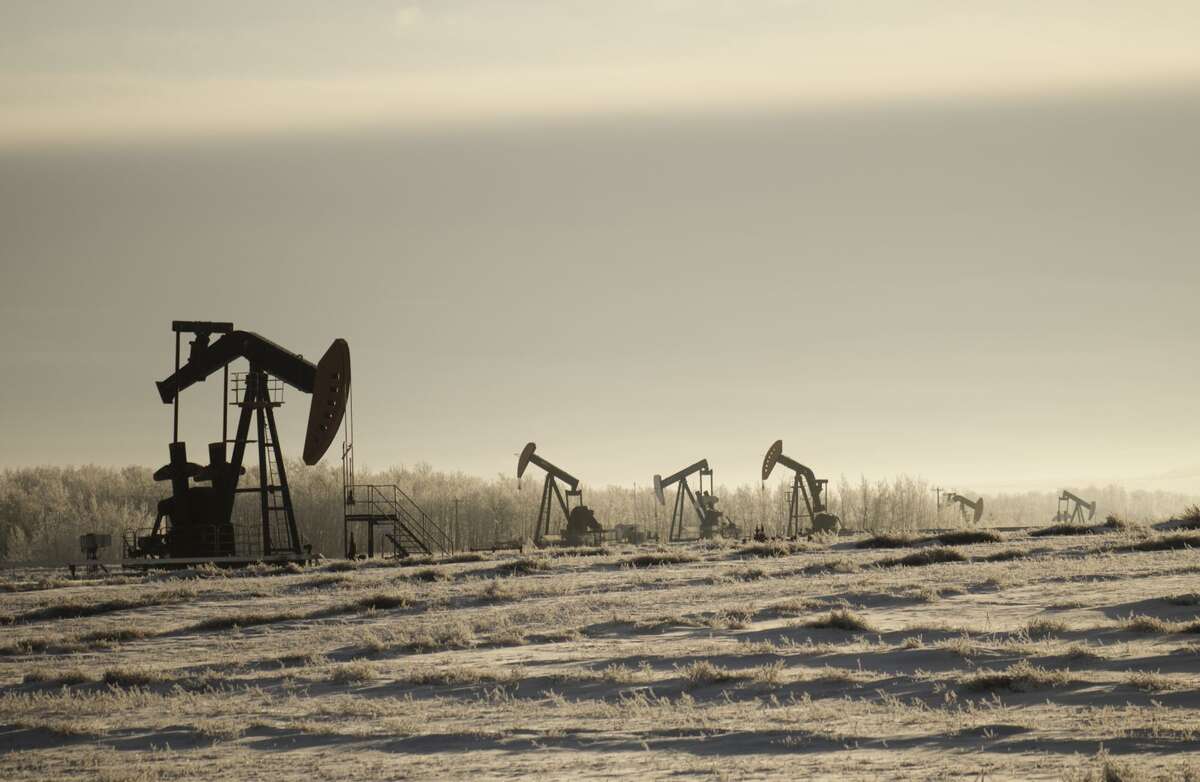If you believe the International Energy Agency (IEA) the answer is 2030. Except history is not on the side of the IEA being correct. No one’s crystal ball is 100% accurate. The goal of any prediction is to get as close as possible to reality. To accomplish that the underlying assumptions need to be accurate.
That is precisely why the IEA’s previously predictions have not come to fruition. They have assumed governments will do what they say. Common sense tells us that even the most well-meaning government entities rarely achieve their stated goals. And when it comes to climate change, the inherent complexities make achieving any goal even more challenging.
OPEC of course disagrees with the IEA. They believe that demand for oil will be driven not so much by government policies, but by the growth in the global middle class and by the increased energy demands from artificial intelligence.
We’ve covered how AI will drive demand for electricity in the U.S. The question is whether that demand will be largely fulfilled with renewables or fossil fuels. It’s reasonable to assume that in developed nations renewables will supply much of the additional power. The question then becomes how data centers evolve in less developed economies, if at all.
The rise in the global middle class is the larger factor. Today, on a per capita basis, the U.S. consumers almost six times more oil than China and almost 17 times more than India. If the middle class continues to grow in these countries – as well as on other continents such as Africa – energy demand will begin to more closely minim that of the U.S. Some of that increased energy demand will be satisfied with renewables and natural gas. However, some may also be supplied from an increased reliance on oil.
Time will tell whose assumptions are more accurate. What we know with reasonable certainty is that both forecasts will be off by some measure. The question is which is closer to the truth? I unfortunately believe OPEC’s assumptions may have more validity.
#oilandgas #oilandgasindustry #peakoil #internationalenergyagency #parisagreement #netzero








